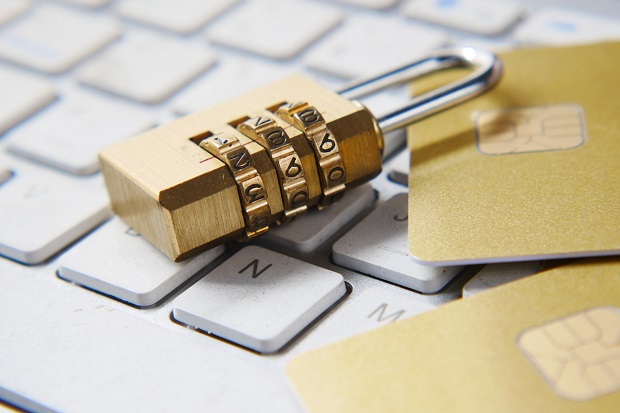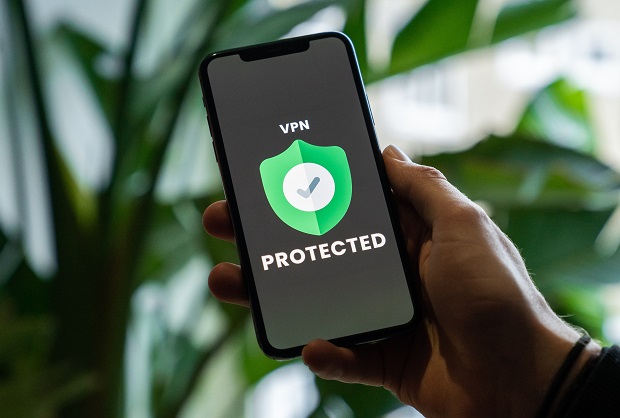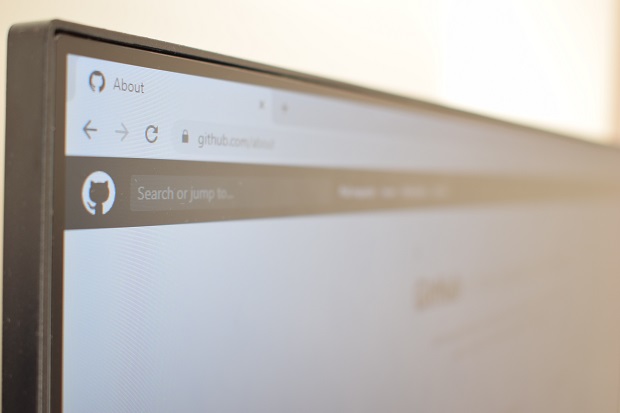We’re in the ‘living through the internet’ era. We connect, share and experience the world online. It is no exaggeration then to think that every person who leaves their personal data on the web has the right to be protected and guarded against scams or malicious acts.
It’s a thin line to define online vulnerability, but we’ll do our best.
In the year where an algorithm can know you better than anyone nearby, you should be able to protect your privacy and transact safely. Luckily, there are multiple ways to improve the face of data privacy today and we will list one by one.
6 ways to protect your data privacy today
1. Stay vigilant about current data privacy legislation

There is no security setting for personal data without legislation behind it. While the United States does not have a unified law detailing how sensitive data is handled, some states do. California is arguably the strongest and to really get the benefit of their Privacy Rights Act, to stay informed is a must.
The link between sharing or transacting online and knowing the current policy on it is not narrow, but it is vitally important to know your rights and limitations in the state where you live. The respect for an individual’s online data autonomy begins with himself improving his limitations and true reach.
2. Define what really deserves to be guarded
 Recommended: Piano’s Digital Experience Platform Empowers Teams To Understand And Influence Customer Behavior
Recommended: Piano’s Digital Experience Platform Empowers Teams To Understand And Influence Customer Behavior
Not all of us behave the same way online. To truly understand how vulnerable you are and which data to prioritize, you need to ask yourself several questions:
Who should I protect my data from and why?
How does it affect me that my data is public domain?
Would there be economic or legal consequences for me if my data were breached?
If I’m in the world of e-commerce, does it affect me or is it a benefit to share my data and that of my customers/associates?
The first thing is to make a protection plan with steps that we will detail from here on. Asking yourself these questions, however, is the starting maneuver to define what you need and to what extent to protect all your information.
3. Take security authentication to the next level

Most websites today offer ways to check that it’s in fact you who enters and manages your own data. However, you are responsible for the bridges you build between those programs and yourself.
The first thing to start building a solid and secure bridge is to have passwords that you and only you can know. It’s recommended that they’re not related to anything you know, on the contrary, to use random data without any meaning. The more letters, numbers, and special characters you use, the better.
It’s also a good idea to use different information for all your accounts. You can use the support of a password manager. In this way you only have to remember one, that of the manager. If one account gets hacked, you only compromise that one.
Also, you need to turn on two-step verification for the most important accesses. The most common is through an SMS or email, but they are vulnerable systems since normally many social media accounts or email already bring this built-in.
It’s best to use a program that sends the second step to an app on your cell phone. Among the best are Google Authenticator and Authy. Allowing you to give access from another application, it will take care of your information more efficiently.
4. Avoid Phishing at all costs
 Recommended: An Interview With James Adams, The Founder Of Ackolyte Consulting, AWS Consulting Firm
Recommended: An Interview With James Adams, The Founder Of Ackolyte Consulting, AWS Consulting Firm
The way to breach your personal information comes from the least suspected sources and they are not necessarily hackers with specialized systems. Password sharing deception is the most common nowadays as it usually goes unnoticed as we receive offers, discounts and whatnot.
The important thing is to stay alert to any suspicious contact you receive. To immediately find out if they try to get your info to scam you, check the origin of the contact. Is it a legal domain? Does the message have a corporate signature with verifiable contact details? What is the purpose of providing your information? If it seems unreliable for any reason, it is probably phishing.
It’s much easier to make you give out personal information of your own free will than to break systems in an unauthorized way. Therefore, it is better to whitelist all email addresses from where you expect to receive information constantly. The rest will move on to spam, the ideal place to filter malicious content.
5. Web browsers Vs mobile apps: choose wisely

The thing about mobile apps is that they’re constantly tracking personal value. Although it may not seem like it, even a harmless one like the alarm clock can gather information and transfer it to other entities for money.
Therefore, it’s really necessary that you delete all the mobile apps that you do not use frequently. In these cases, less is really more. It’s also recommended that you try to use the mobile web browser instead of the applications, since they usually have better security support.
Browsers cannot access your personal information in the same way as mobile apps do. They are not designed that way, at least not the formats made for mobiles.
A bond with social media should be the same as with someone you just know: the less information you give at the beginning, good chances are to actually engage better and deeper. In times of channels’ and networks’ monetizing there’s a reality: information is money.
It’s 2022 and the internet is now used more to market and position brands than anything else. The most accurate way to achieve it is to present them completely customized for you. Without your personal information this is not possible, and you will be less and less an easy bait for excessive targeting.
6. Cut the flow for ad personalization
 Recommended: How Form Templates Can Increase The Performance Of Your Website
Recommended: How Form Templates Can Increase The Performance Of Your Website
Finally, it’s highly necessary to remove all permission on your computers/devices to make web ads customizable for you. The fact that you grant permissions for this puts you as easy prey for any company. Ecommerce really thrives on data, so to avoid unwanted breaches it’s best to keep its privacy at fullest.
Mobile systems such as Apple or Android offer to disable these options in their configuration tabs and it is the fastest way to do it at a generalized level. This partially prevents companies from tracking your tastes, preferences and everything that can be captured from the pages you visit.
In addition to doing it on the computers you use, it is also possible to change the settings in the main social networks available: facebook, twitter and instagram. In their privacy sections they have the option of not allowing ads to be customizable for you.
It’s a great way to break down the system of searching for something or staying a long time in a post and getting publicity about it in a matter of seconds. It seems harmless, but it’s not.
In addition, the Google ‘myactivity.google.com’ option is available, where you can delete all the general activity from your account. To combine the constant clearing of this information, plus preventing the personalization of ads and using a browser in incognito mode it’s a really effective maneuver.
It will ensure you peace of mind and feel really sheltered. There’s no such thing as too many steps to take care of your online privacy and everything you can safely achieve.
Sustainable improvements are made one step at a time
There are many bases to cover and take into account to protect the privacy of your information, but it is possible to start one by one. The best way to sustain changes over time is to move slowly so let’s see how to cover all from scratch:
- The basics: Learn as much as possible about the protection laws in the state where you live. Knowledge is power and you will know how far you can go in taking care of the information you share and how the laws can protect you in case something bad happens.
- What is necessary: Define the information you want to preserve, so that you can optimize time. Knowing who may violate your information and how it will draw you a clearer map of where to start.
- Be cautious: Beware of any information that seems suspicious or unreliable. Staying alert to the spam folder in your email is a good start.
- Use the best tools: Rely more on web browsers than mobile apps and, no matter which one you use, thoroughly customize your options for sharing information and how you receive advertisements.
Sharing information online is a process that can mean great growth, as it opens you up to a universe of possibilities taking notes on the financial, academic and personal aspects. Protecting online privacy is important, dare to take the appropriate measures.
Activate Social Media:


